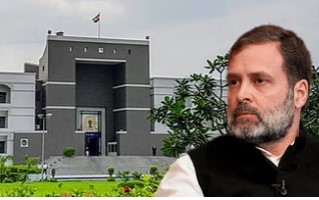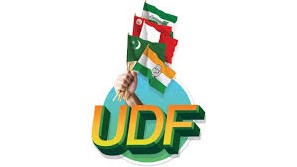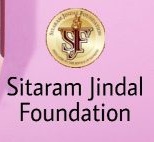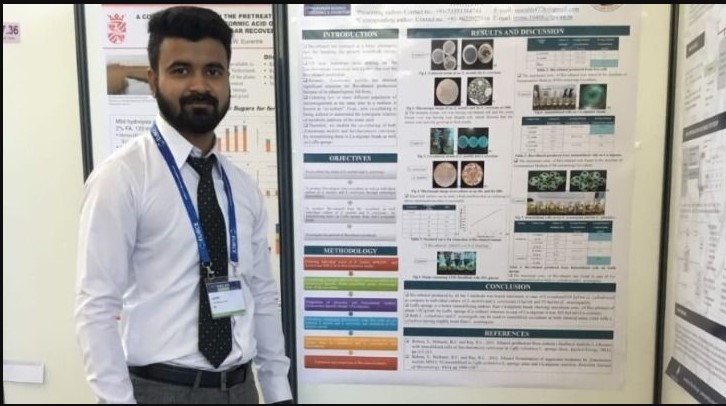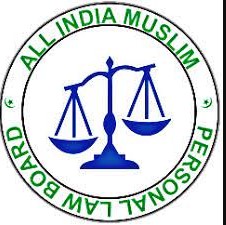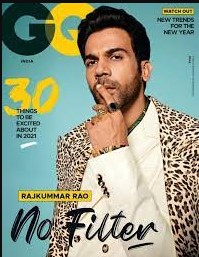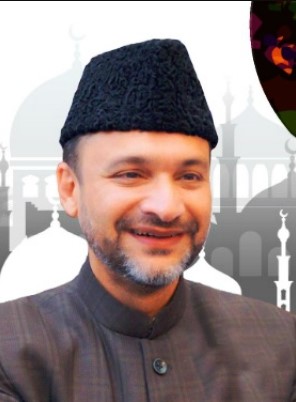
Collaborating with other researchers or external partners can be challenging but using project management strategies for planning, communication and decision making can help.
Many academics undertake their PhD and post-doctoral fellowships as solo projects. That training and experience may not prepare them for coordinating project teams or collaborating with partners external to the university. Team research adds a level of complexity and risk to research that can be addressed through strategies that help everyone to stay on the same page and build a shared understanding.
Successful team projects require groundwork: planning and building a shared understanding during development, as well as effective collaboration once a project commences. The most effective project management approaches involve making time and space for planning, decision making, and regular communication.
1.)Team members only know about certain parts of the project:-
Time pressures often mean grant writing falls to one or two members of a team, sometimes with support from a research office or external grant writer. At times members of a project don’t actually get involved in developing the proposal’s details or its editing. This means that each member might only view the project from their own, partial perspective and may not fully appreciate the bigger narrative and overarching goals.
Aim for everyone on the team to be familiar with the project as a whole. If this doesn’t happen before a project is funded, this conversation and reviewing of the research plan needs to happen as soon as possible. Have an in-depth discussion with the team about what the project will do, who will do it, and how the collaboration will happen. Developing a shared timeline with individual milestones and deliverables can help affirm expectations and give people a real understanding of what time and energy they need to commit.
2.)Team members haven’t worked together much – or at all:-
There is often a process of matchmaking and negotiation in building a project team and partnerships. Sometimes, this involves people and organisations with whom you have long-standing relationships but you may also end up working with individuals and organisations that are new to you. This can be for a number of reasons: you’re building an interdisciplinary team of researchers from different disciplines or institutions, partner organisations approached the researchers, there has been an open call for partners, or researchers have sought out new partners within a field/sector to broaden the expertise and representation on a project. These unknown team members and partners can come to the project with quite specific expectations of how the project outputs align with their own interests. External organisations may be unfamiliar with how research within universities is conducted and expect timelines that reflect their business/sector rather than the significantly different ones found in academic research funding cycles.
As early as possible, preferably during development of the grant proposal, spend time talking to the team members and/or partners about their expectations, what they can contribute, and how they like to work. If this isn’t possible beforehand, then it should be done immediately on grant success, followed by regular meetings and establishing agreed ways of collaborating.
3.)There’s confusion about the budget:-
Project budgets can be a source of conflict if they are not managed with transparency and consideration of everyone’s interests and expectations. The process of developing a budget for a grant submission is often time-consuming and done under pressure of deadlines. In a project team of researchers, agreement on allocations of funding may be based on high level discussions and ballpark figures for each year or the grant as a whole. Developing a budget for a grant can often mean allocating funds to meet the requirement of the funding rules but not realistically considering the funds required to conduct the research or sustain the partnership. For example, have you ensured there’s adequate funding for travel to engage with and manage the relationships with your partners and other external organisations? When grants are awarded, sometimes the amount is less than requested. Teams need to negotiate and agree on how funds are allocated.
Partners providing funds will expect to be kept informed on how their funds will be used through annual budget reporting.
When a grant is awarded, reviewing the budget in consultation with all team members should be a priority. Talk to other team members about what funding they will be allocated, when this will happen, and any other conditions that may be attached (e.g. is there a time limit on expenditure, milestones to be achieved for future payments?). This discussion should be informed by the project timeline to ensure funding is available when required and accounts for peaks and troughs in project activity. Budgets should be monitored carefully and revised regularly to account for delays or changes in research activities.
4.)Building the team
Hiring new staff and recruiting graduate students requires project teams to consider how they will build a team culture, manage multiple workflows and provide career development support. This is particularly important for teams with staff and students dispersed across different faculties/departments or institutions. Development of position descriptions or PhD projects should be informed by the project plan, timelines, and budget. Early career and graduate researchers need to be supported to develop skills and experience for their future careers, in addition to meeting project goals.
Recruitment should not commence until the project team have reviewed the proposal and identified timelines for activities and confirmed what staff and student roles should be created and the timeframe for these. Organise activities to help build a team culture and support development of relationships.
5.)Someone needs to be in charge:-
Many academics aren’t trained or feel comfortable as leaders. Taking a collegial and democratic approach can work for some but, for others, tensions may arise when seniority and differences in power come into play. In project teams without a clear leader, the progress will depend on everyone doing their bit when required, responding to any issues collectively and actioning them – not pushing individual agendas and always respecting each other’s position. In a team project, there needs to be a shared understanding and some processes for reviewing progress against key milestones, making decisions, resolving disagreements, and ensuring decisions are implemented.
The lead investigator should initiate discussion about their approach to governance and decision-making once the project is funded and the team is recruited. This might involve agreeing a monthly management meeting, simple processes for seeking input and approval for key activities (e.g. changes to the budget), publications, and being proactive in building relationships with members of the team. Leaders can use some simple project management tools to build a shared responsibility for project activities and keep track of progress. For example, using a simple Gantt chart and agreeing on milestones with your project team, and revisiting this at each meeting.
Using project management and communication strategies to manage team-based research provides simple structures and processes that build a shared understanding and enable transparent decision-making processes. They also help address the challenges of power imbalances and differences in personal approaches to work.

